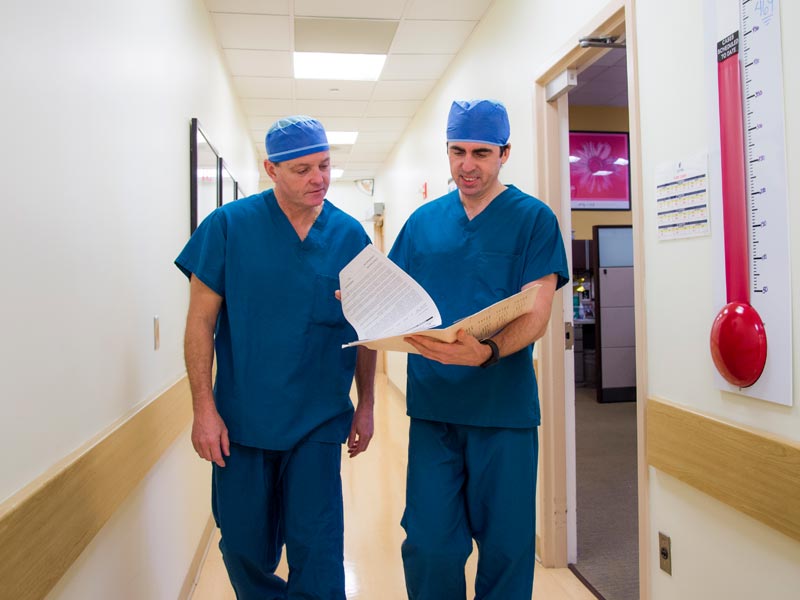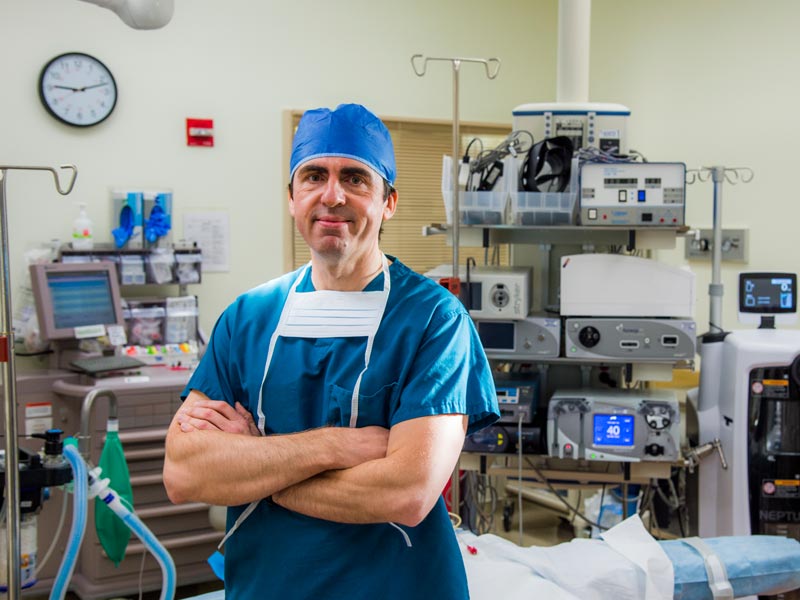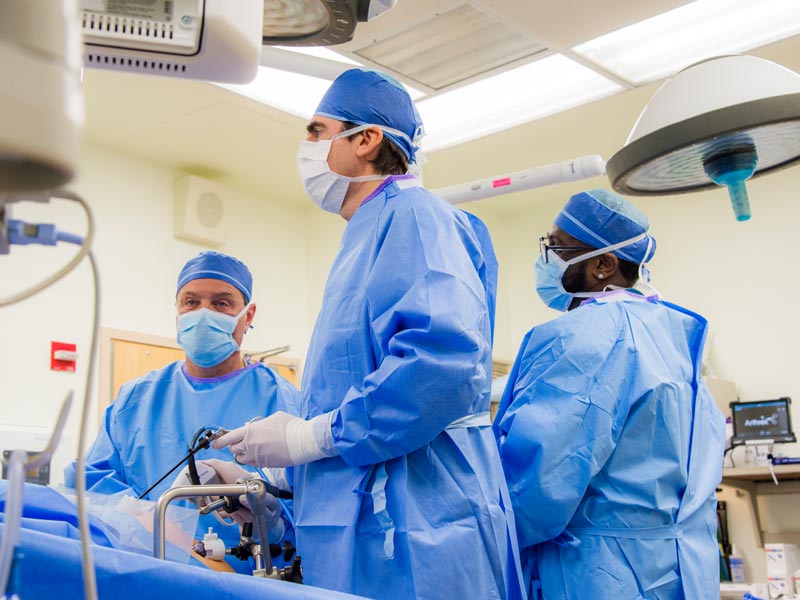Interview with Top New Jersey Bariatric Surgeon Dr. Vadim Gritsus
More than two million Americans are considered morbidly obese and suffer from a chronic condition that is difficult to treat through dietary changes and exercise alone.
"The public's perception of those with clinical severe obesity is often harsh and groundless," Vadim Gritsus, MD, said. "People with severe obesity often are associated with being weak-willed, self-indulgent, and unmotivated, when in reality, obesity in this group is usually related as much to genetics, hormones and biochemical interactions as it is to cultural habits and behavior."
Although many people having weight-loss surgery do it to look trim, Dr. Gritsus said they should consider doing it to increase longevity and improve their quality of life. "If a person is morbidly obese, losing weight isn't just a cosmetic change; it's an essential lifesaving change that isn't likely to happen without bariatric surgery."
Obesity is a leading cause of death. One study found that the mortality rates for men and women who were 50 percent above their ideal weight were twice as high as their counterparts.

Three major types of bariatric surgery are performed today to promote weight loss: Adjustable Gastric Band which includes Lap Band and REALIZE band, and Roux-en-Y gastric bypass (RGB) and Gastric Sleeve. People having the procedures performed today usually sustain substantial, long-term weight-loss through the restriction of food intake and the nutrients the body absorbs.
The gastric bypass, gastric sleeve and gastric band are the most commonly performed procedures. The examples of other weight loss surgeries that are still considered investigational or are infrequently performed include: intragastric balloon, gastric plication, biliopancreatic diversion and duodenal switch procedure.
Although the adjustable gastric band procedure and gastric sleeve procedure restrict food intake and reduce the feeling of hunger, they do not interfere with the normal digestive process. During gastric bypass however, the digestive process changes. Most people lose the ability to eat large amounts of food at one time, but Dr. Gritsus said patients continue to enjoy all types of food after surgery — they just eat smaller portions.
To meet with Dr. Gritsus, please join us during one of our free educational seminars
Schedule a Consultation Today
Call today to schedule a private consultation in New Jersey




